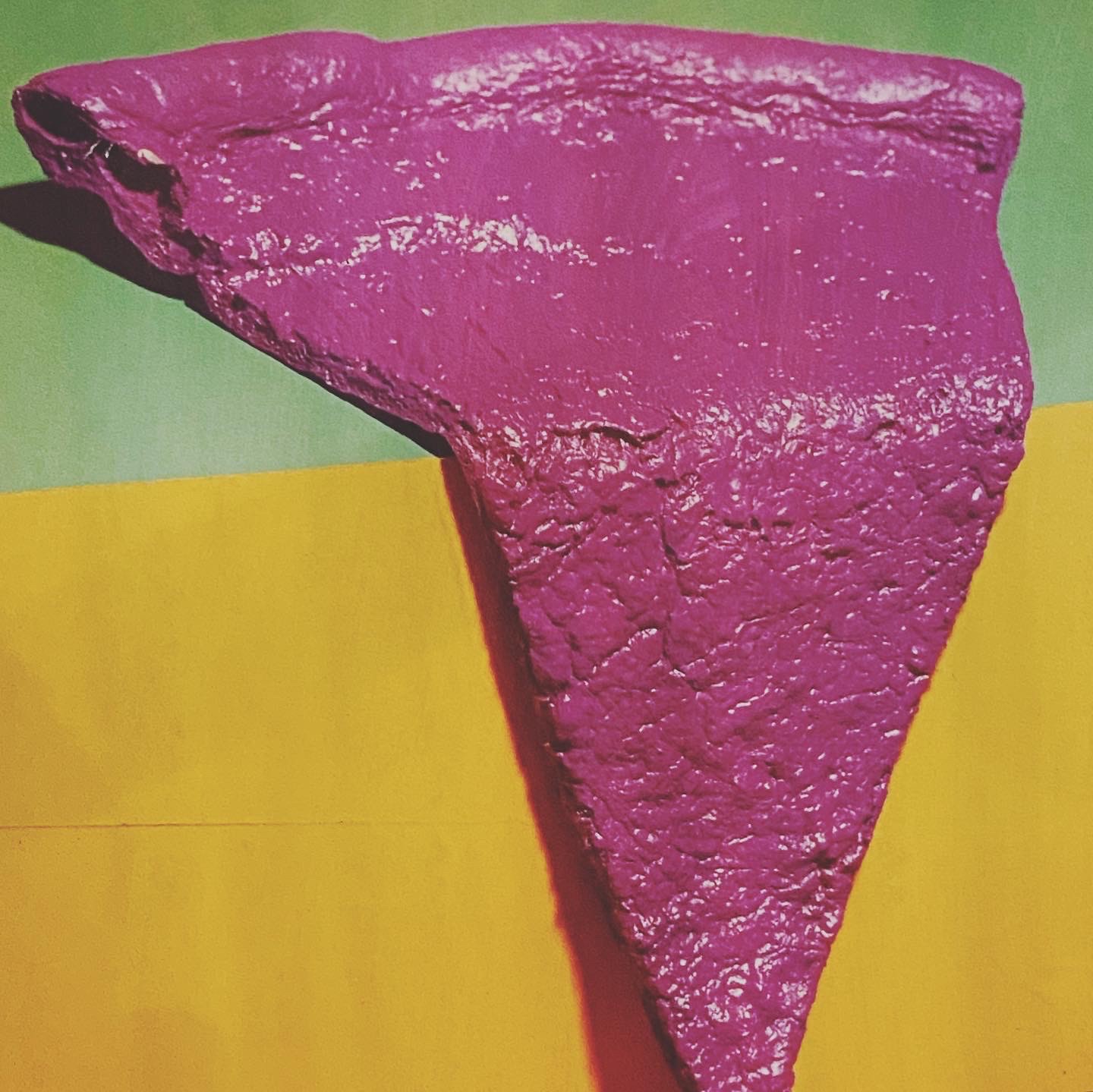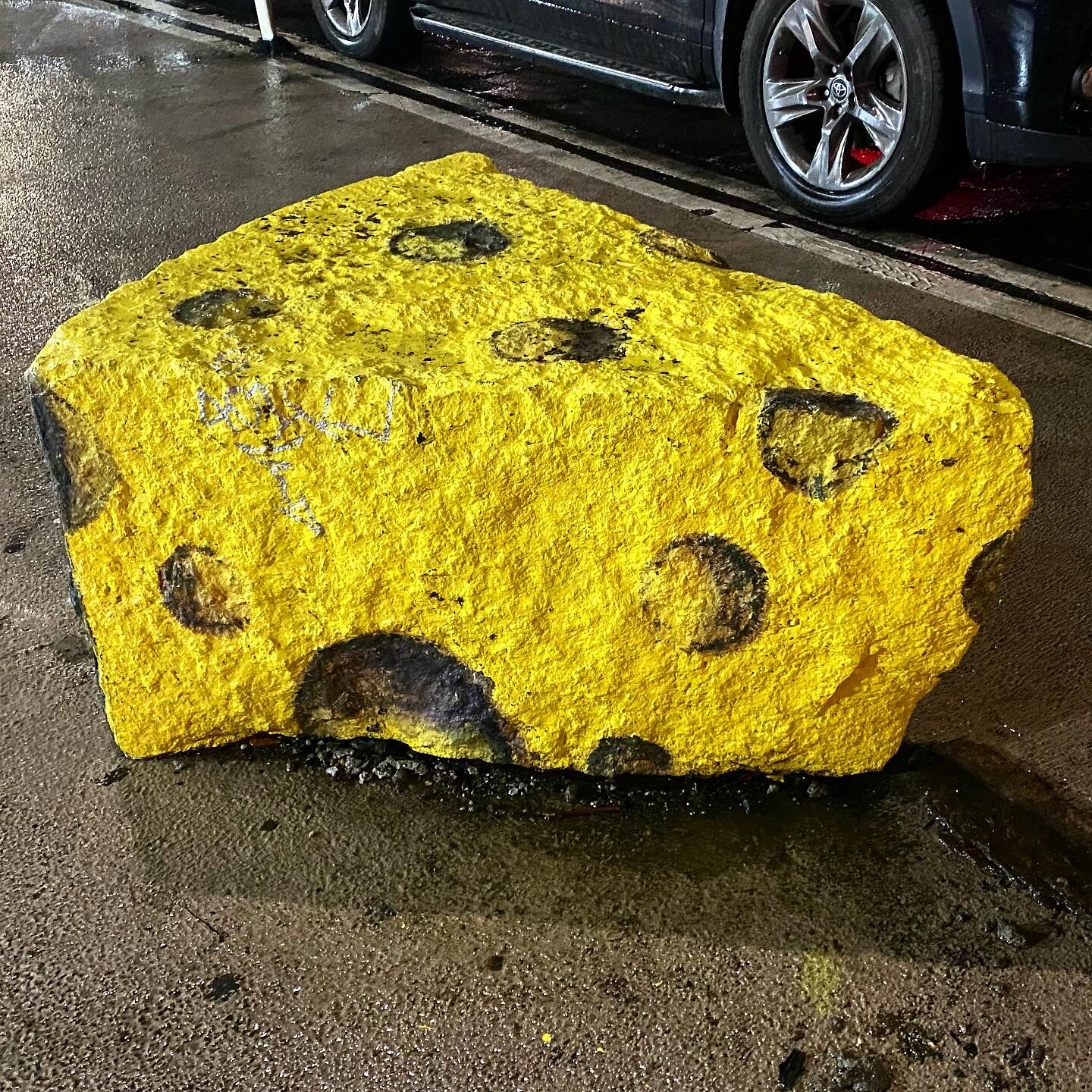 Sometime ago, somehow, we were implicitly taught that capitalism would
solve all our problems, that we could rely on the free market economy
to supply whatever we need. Personal responsibility is not required as long as you
kept your checkbook open.
Sometime ago, somehow, we were implicitly taught that capitalism would
solve all our problems, that we could rely on the free market economy
to supply whatever we need. Personal responsibility is not required as long as you
kept your checkbook open.
But I am driving down the road with a bag of Taco Bell grub and I am eating a taco but I am not tasting the taco at all. Like there is nothing appealing about this food whatsoever, but I was hungry and I had money, and Taco Bell could sell me a bag of food. Taste, or even nutrition, has little to do with it. I am eating capitalism.
The message of naturalist Wendell Berry, collected in his lifelong book essays, " The World-Ending Fire," is that this trust in capitalism has led us astray, estranged from the land that is our collective home.
“We've assumed, increasingly, over the last 500 years that nature is merely a supply of raw materials,” he wrote. “And that we may safely possess these materials merely by taking them.”
There’s a complicity in modern life, with people handing over their lives to corporations and governments to provide food, clothing and shelter, to provide our entertainment, education and health care – services once provided by the household, the family and communities.
And we have paid dearly for this convenience.
A global market, buoyed by cheap, long-distance transportation, over harvests the land and exploits the people. Those profiting are not those who live there. The dour oil-rig-laden landscape along Interstate 20 between Dallas and El Paso provides a grim example of this.
In such a “total economy,” as Berry puts it, culture has no value.
This global economy is the new Colonialism, one that does not distinguish one place from another. Local knowledge is not valued, though it is the thing that truly ties people to their surroundings, and,ultimately, makes them good caretakers. Homes become hotels, and kitchens filling stations. Industrial eating “has become a degraded, poor and paltry thing,” Berry writes.
The nature of work changes in this new global economy. More emphasis is placed on salaries, rather than mastering a discipline. We seek to escape work, viewing it as something only worth escaping from.”We have debased the products of work, and have been, in turn, debased by them,” Berry writes. The creative spirit leaves us, and we become destructive.
What is missing in all this is return. “We take without asking, use without respect or gratitude, and give nothing in return,” he writes. This is our true environmental crisis, Berry warns us. It is not just due to our exploitation of resources, but also from a weakness of character.
